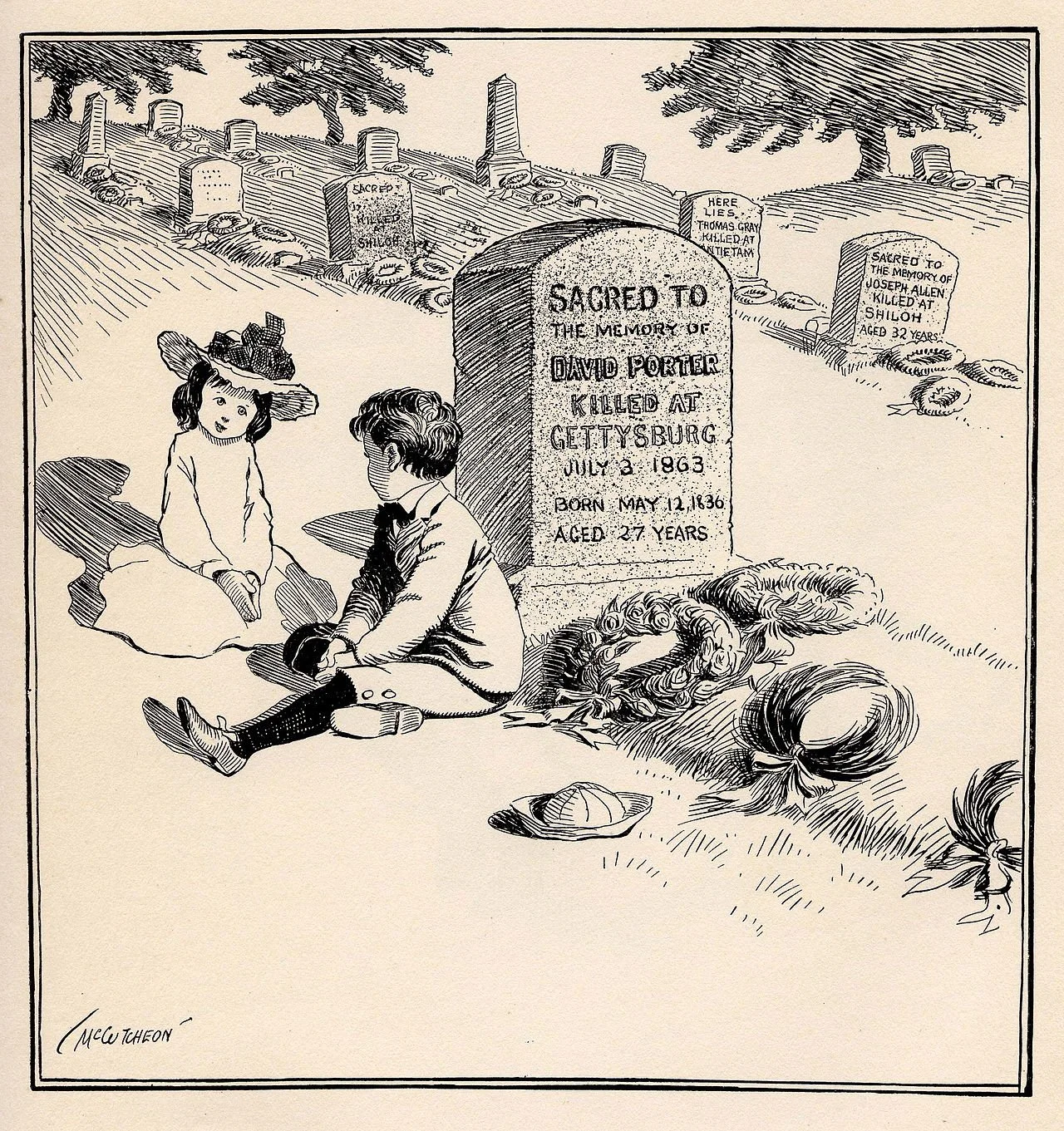Storming the Bastille.
Donald Trump has been vile, a megalomaniac, and ignorant when he has not been vague or incoherent, and has been distrusted even by many people who voted for him. So now that he has been elected president, what does that say about Hillary Clinton?
Probably it says that the Democratic Party managed to nominate the only candidate who could lose to someone of Trump's character -- managed to nominate a candidate who had spent decades as part of the country's political establishment and who was manifestly corrupt and a robotic campaigner but who was offered to the country anyway just when it seethed with resentment of declining living standards and wanted change.
Indeed, Trump's platform was little more than contempt for the establishment and even for the decencies themselves. But the more contemptible his demeanor became, the more support he gained.
Trump himself was the first to figure this out. Campaigning in Iowa in January he marveled, "I could stand in the middle of Fifth Avenue and shoot somebody and I wouldn't lose voters." Nor, as it turned out, did he lose voters -- or at least not too many of them -- even for boasting about his career of grabbing women by the crotch.
Clinton, the Democrats, the elites, and many national news organizations never appreciated the rage to which Trump appealed, even when, toward the end of the campaign, opinion polls showed him rising. The polls still underestimated his support because people who were surveyed feared being perceived as politically incorrect.
But then Clinton, the Democrats, the elites, and national news organizations never understood, or at least never admitted, that for years now most economic figures issued by the federal government have been lies or deliberately misleading. Most of what national news organizations report about the economy has been mere spin meant to please the government.
The collapse of the labor-participation rate is not just a political scandal but a journalistic one, given the refusal of most national news organizations to examine and emphasize it. The federal government's constant and surreptitious intervention in the financial markets to keep them from falling and thereby exposing the decline of the real economy is also both a political and journalistic scandal.
In telling people that the economy is improving when they see it deteriorating in their daily lives, the government and national news organizations only deepened people's political rage.
The gamble taken by Gov. Dan Malloy, U.S. Sen. Chris Murphy, and other leading Connecticut Democrats with their constant attacks on Trump and his running mate, Indiana Gov. Mike Pence, might have paid off well if Clinton had won. Instead these attacks likely will prove costly, depriving Connecticut of any sympathy from the new national administration for the next four years.
Now no federal appointment will rescue Malloy from the perpetual disaster of his budgeting. Connecticut's congressional delegation, all Democrats, will spend another two years in the minority in Washington, though maybe the shock of Trump's election will make the Republican majorities a little less rabid and more inclined to work reasonably with the other side.
In their travels in support of Clinton the governor and the congressmen don't seem to have noticed the political rage of "flyover America." But while Connecticut went comfortably for Clinton, the gains made Tuesday by the Republican minority in the General Assembly hint at the possibility of rage even in this state, whose elites may be the most smug, especially since state government's finances keep deteriorating, compelling more tax increases or spending cuts.
State government's financial problems are not going to be fixed in two years; pension underfunding, among other things, will only make them worse. By then the rage may be explosive here too.
Chris Powell is managing editor of the Journal Inquirer, in Manchester, Conn.















